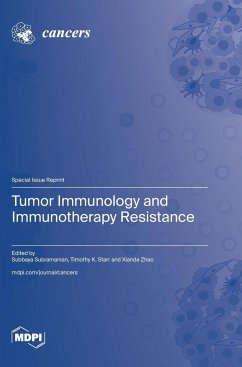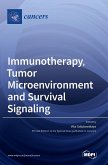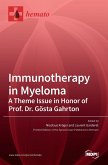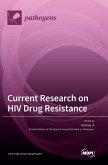In recent years, cancer immunotherapy has made remarkable progress, revolutionizing cancer treatment. Our Special Issue "Cancer Immunology" in the journal Cancers showcased cutting-edge research and reviews. Building on that success, this new Special Issue explores recent advancements, technologies, and future prospects in cancer immunology, pre-clinical assessments, and clinical trials. While immune checkpoint inhibitors have been transformative, addressing limited response remains crucial. Strategies to overcome resistance, such as combination therapies and targeted pathways, are discussed in the issue. Chimeric antigen receptor (CAR) T cell therapy is an important area of immunotherapy, with exciting findings for enhancing CAR persistence and efficacy. Conventional treatments and monoclonal antibodies also activate immunological mechanisms, boosting cytotoxic efficacy against specific cancers. Identifying biomarkers associated with treatment response is vital for personalized cancer immunotherapy. Potential biomarkers like immune cell densities and estrogen receptor expression are explored in this Issue. The review articles cover advancements in CAR T cell therapy, tumor metabolic alterations, immune suppressive cells, and the role of bacteria in cancer immunotherapy. This Special Issue is a valuable resource for researchers, clinicians, and industry professionals, guiding future developments towards more effective and personalized cancer immunotherapies.
Hinweis: Dieser Artikel kann nur an eine deutsche Lieferadresse ausgeliefert werden.
Hinweis: Dieser Artikel kann nur an eine deutsche Lieferadresse ausgeliefert werden.








